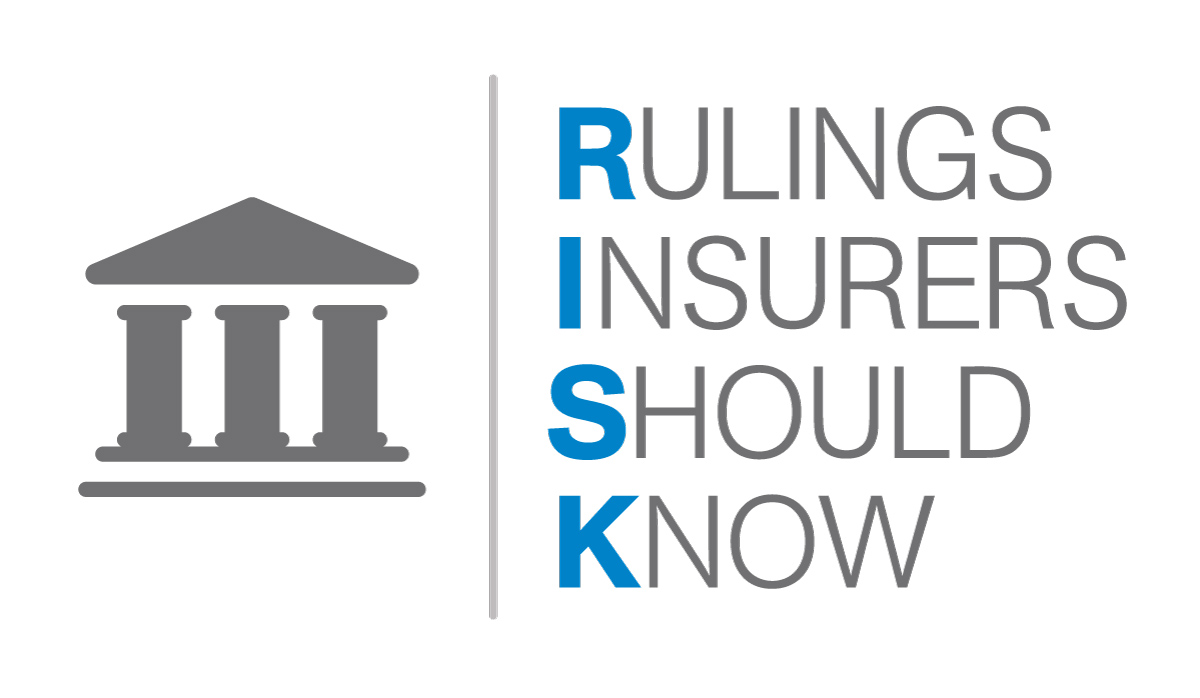Duty of Good Faith in Insurance Policies

Alguire v. Manufacturers Life Insurance Co. 2016 ONSC 1455
The plaintiff sued the defendant over a life insurance policy. The plaintiff brought a motion after the first week of trial for leave to make various amendments to the statement of claim. The defendant contested amendments which pertained to allegations of bad faith. These could be grouped into the following; the defendant’s actions in 2005, failure to disclose documentation and additional allegations of bad faith and punitive damages. Apart from the draft amendments which were consented to by the defendant, leave was denied.
The defendant opposed the plaintiff’s motion on two essential grounds: (a) The amendments would cause non-compensable prejudice; and (b) The amendments plead causes of action which are legally untenable.
Justice Diamond did not agree with the defendant’s position that the amendments would cause prejudice which could not be addressed by way of a costs award, adjournment or other relief. He found that while mid-trial amendments were not preferred, on occasion they may be required. In this case the plaintiff confirmed they would not be recalling any of the witnesses who had already testified and would have no objection to the defendant conducting further examination for discovery of the plaintiff and being granted leave to re-call the witnesses.
Justice diamond did agree with the defendant that the new cause of action contained in the amendments were not legally tenable. First, in his analysis he looked at the duty of good faith. In Bhasin v Hrynew [2014] 3 S.C.R 494, the Supreme Court of Canada found that the duty of good faith between an insurer and insured was to deal with their claim fairly, both with respect to the manner in which it investigates and assesses the claim, and the decision to pay or not. This duty is triggered when a claim is filed and is a reciprocal duty of fairness. Additionally, the Court of Appeal for Ontario clearly stated in Plaza Fiberglass Manufacturing Ltd v. Cardinal Insurance Co (1994), 18 O.R. (3d) 663 that this obligation of good faith did not import any fiduciary obligations, and does not create an obligation upon the defendant to relinquish their own self-interest and act wholly in the interest of the plaintiff.
Specifically, the 2005 documents did not violate any good faith requirements as on its face they do not show the defendant suppressed information for their own benefit. Even on cross-examination the plaintiff could only offer speculative theories as to significance of the documents.
With regard to the failure to disclose documents, Rule 30.02 relates to the obligation of document discovery in an action. In this case, it was started as an application which does not carry the same requirements as these are summary proceedings, decided on paper, where there are no material facts in dispute. As such, the defendants were not obligated to produce the documents at the time and the argument of bad faith is not tenable in law.
Justice Diamond found that the general allegations of bad faith were inflammatory attacks and did not amount to a cause of action. The defendant has the right to defend allegations made against it, in what is by its very nature an adversarial system and this does not constitute bad faith. He stated if he were to find that the defendant took without merit certain positions, or unnecessarily prolonged the proceeding; the plaintiff could be compensated both by scale and amount of costs.
The final argument pertained to punitive damages. The plaintiff wished to amend the statement of claim to increase the punitive damages claimed from $1 million to $5 million. In Whiten v. Pilot Insurance Co., [2002] S.C.J. No 19, 209 D.L.R (4th) 257 the Supreme Court of Canada stated that the upper end of the permissible range for punitive damages was $1 million. Justice Diamond found that, although the allegations in this case, if proven, were very serious in nature, he did not believe could justify punitive damages in excess of the upper reasonable limit of $1 million.
What the Insurer Should Know
The insurer has an obligation to act fair, but this does not mean that it has to abandon its own self-interest. Just because the insurer denies a claim it does not entitle an insured to make a bad faith claim. The insured has to prove the position taken was done so without merit.
 |
[[{“fid”:”120″,”view_mode”:”default”,”fields”:{“format”:”default”,”field_file_image_alt_text[und][0][value]”:”Chantel Helwer, Kelly Santini LLP”,”field_file_image_title_text[und][0][value]”:”Chantel Helwer, Kelly Santini LLP”},”type”:”media”,”field_deltas”:{“2”:{“format”:”default”,”field_file_image_alt_text[und][0][value]”:”Chantel Helwer, Kelly Santini LLP”,”field_file_image_title_text[und][0][value]”:”Chantel Helwer, Kelly Santini LLP”}},”attributes”:{“alt”:”Chantel Helwer, Kelly Santini LLP”,”title”:”Chantel Helwer, Kelly Santini LLP”,”style”:”width: 200px; height: 133px;”,”class”:”media-element file-default”,”data-delta”:”2″}}]] |
| Mitch kitagawa | Chantel Helwer, Articling Student |



